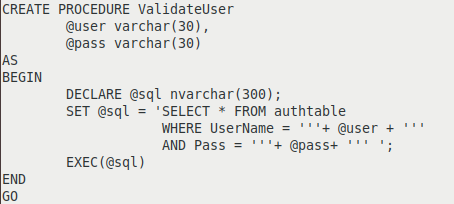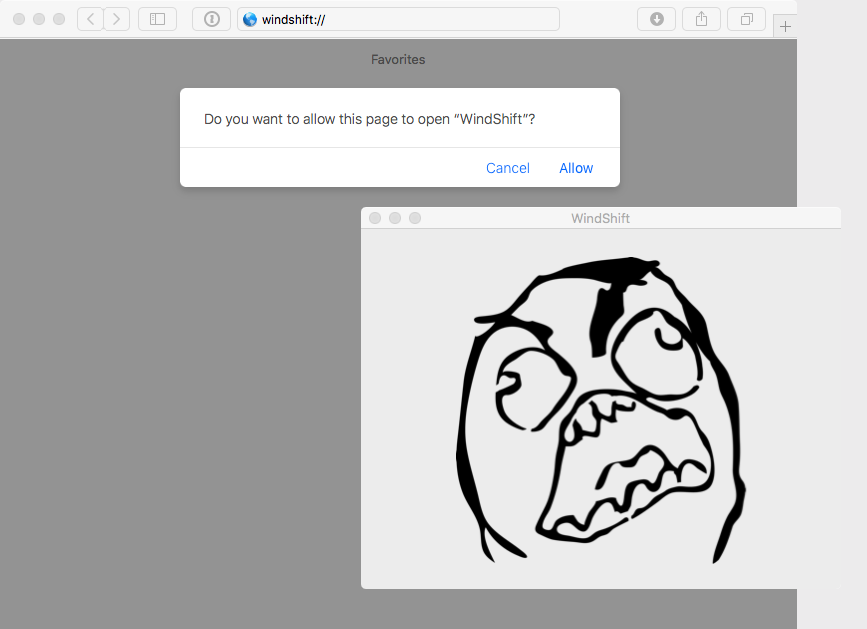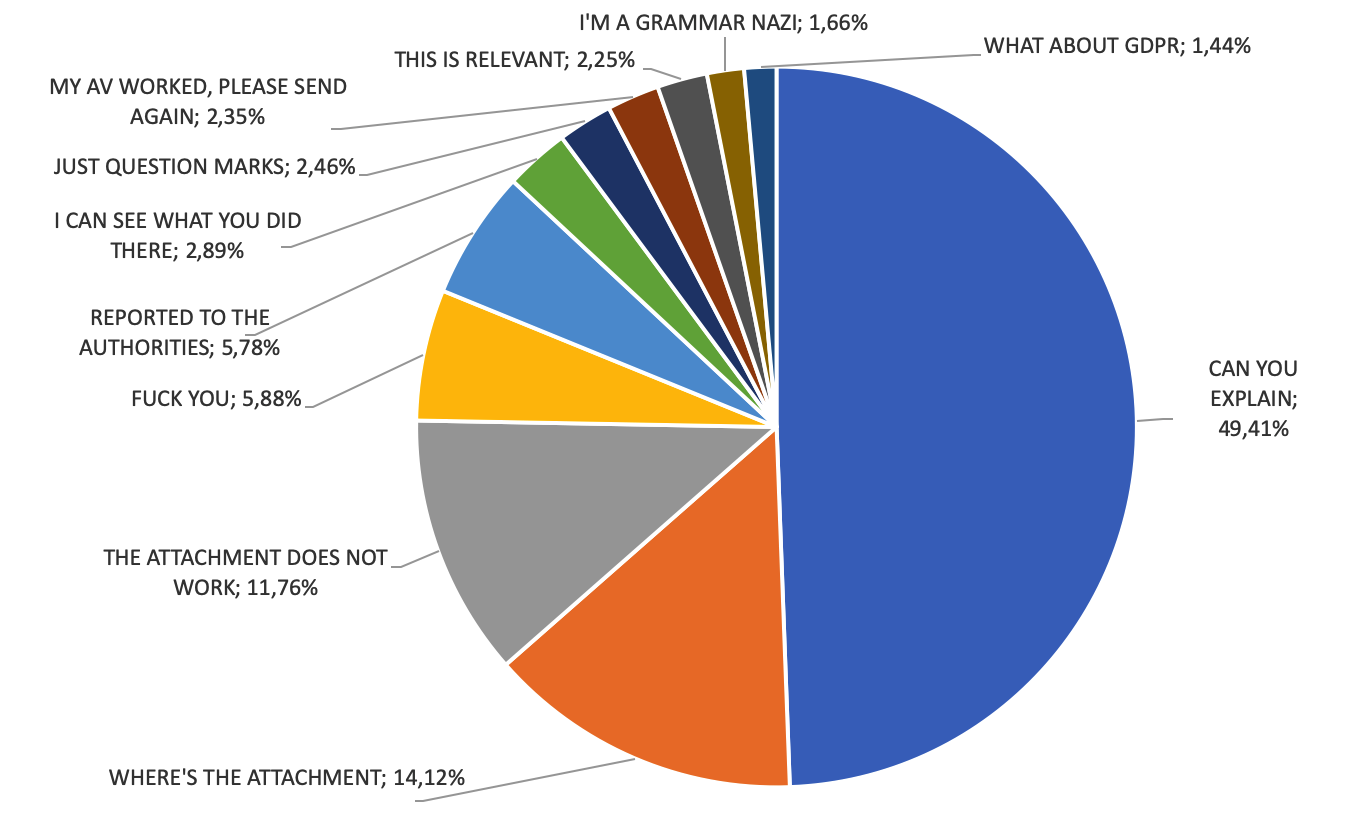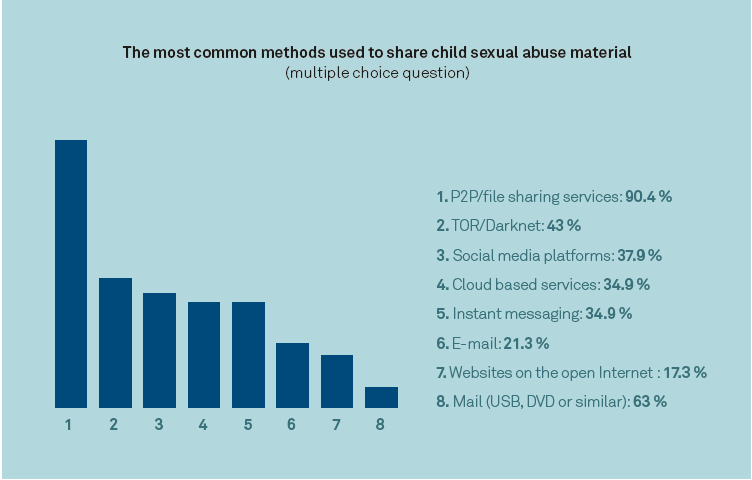Posted by Virus Bulletin on Aug 10, 2020
 Why VB2020 localhost presents a unique opportunity for you to share your research with security experts around the globe.
Why VB2020 localhost presents a unique opportunity for you to share your research with security experts around the globe.
Posted by Virus Bulletin on Jul 31, 2020
 The call for last-minute papers for VB2020 localhost is now open. Submit before 17 August to have your paper considered for one of the nine slots reserved for 'hot' research!
The call for last-minute papers for VB2020 localhost is now open. Submit before 17 August to have your paper considered for one of the nine slots reserved for 'hot' research!
Posted by Virus Bulletin on Jul 29, 2020
 Announcing VB2020 localhost: the carbon neutral, budget neutral VB conference!
Announcing VB2020 localhost: the carbon neutral, budget neutral VB conference!
Posted by Virus Bulletin on May 4, 2020
 At VB2019, JPCERT/CC's Shusei Tomonaga and Tomoaki Tani presented a paper on attacks that exploit vulnerabilities in software used only in Japan, using malware that is unique to Japan. Today we publish both their paper and the recording of their presentation.
At VB2019, JPCERT/CC's Shusei Tomonaga and Tomoaki Tani presented a paper on attacks that exploit vulnerabilities in software used only in Japan, using malware that is unique to Japan. Today we publish both their paper and the recording of their presentation.
Posted by Helen Martin on Apr 30, 2020
 In a follow-up to a paper presented at VB2019, Prismo Systems researchers Abhishek Singh and Ramesh Mani detail algorithms that can be used to detect SQL injection in stored procedures, persistent cross-site scripting (XSS), and server‑side request forgery (SSRF) by instrumenting web applications.
In a follow-up to a paper presented at VB2019, Prismo Systems researchers Abhishek Singh and Ramesh Mani detail algorithms that can be used to detect SQL injection in stored procedures, persistent cross-site scripting (XSS), and server‑side request forgery (SSRF) by instrumenting web applications.
Posted by Virus Bulletin on Apr 16, 2020
 VB is pleased to reveal the details of an interesting and diverse programme for VB2020, the 30th Virus Bulletin International Conference.
VB is pleased to reveal the details of an interesting and diverse programme for VB2020, the 30th Virus Bulletin International Conference.
Posted by Virus Bulletin on Apr 2, 2020
 At VB2019 in London, Jamf's Patrick Wardle analysed the WindTail macOS malware used by the WindShift APT group, active in the Middle East. Today we publish both Patrick's paper and the recording of his presentation.
At VB2019 in London, Jamf's Patrick Wardle analysed the WindTail macOS malware used by the WindShift APT group, active in the Middle East. Today we publish both Patrick's paper and the recording of his presentation.
Posted by Virus Bulletin on Mar 24, 2020
 At VB2019 cybercrime journalist and researcher Adam Haertlé presented an analysis of almost 2000 unsolicited responses sent by victims of a malicious email campaign. Today we publish both his paper and the recording of his presentation.
At VB2019 cybercrime journalist and researcher Adam Haertlé presented an analysis of almost 2000 unsolicited responses sent by victims of a malicious email campaign. Today we publish both his paper and the recording of his presentation.
Posted by Virus Bulletin on Mar 20, 2020
 Often unbeknownst to network administrators, many company networks are used to download child sexual abuse material. In a paper presented at VB2019 in London, NetClean’s Richard Matti and Anna Creutz looked at this problem and what companies can do, ultimately, to help safeguard children. Today we publish their full paper.
Often unbeknownst to network administrators, many company networks are used to download child sexual abuse material. In a paper presented at VB2019 in London, NetClean’s Richard Matti and Anna Creutz looked at this problem and what companies can do, ultimately, to help safeguard children. Today we publish their full paper.
Posted by Virus Bulletin on Mar 16, 2020
 Here at VB we are keeping a close eye on the global situation regarding the COVID-19 outbreak and the various travel restrictions and health advice, but in the meantime planning and arrangements for VB2020 are going ahead as usual, including the selection of papers.
Here at VB we are keeping a close eye on the global situation regarding the COVID-19 outbreak and the various travel restrictions and health advice, but in the meantime planning and arrangements for VB2020 are going ahead as usual, including the selection of papers.